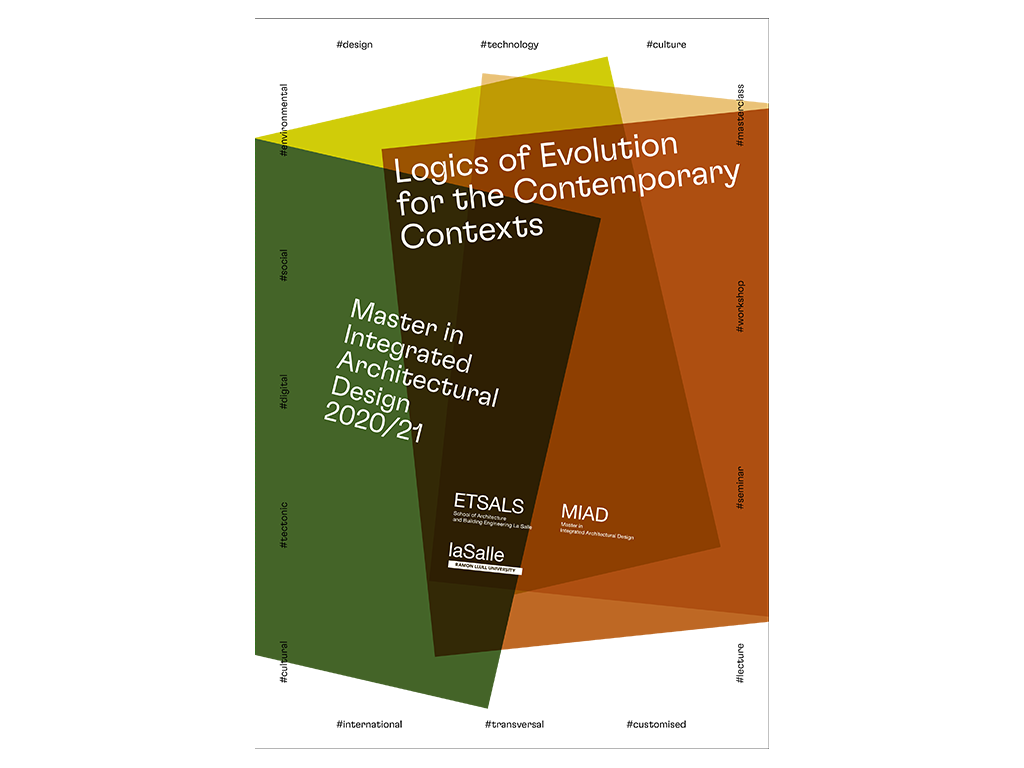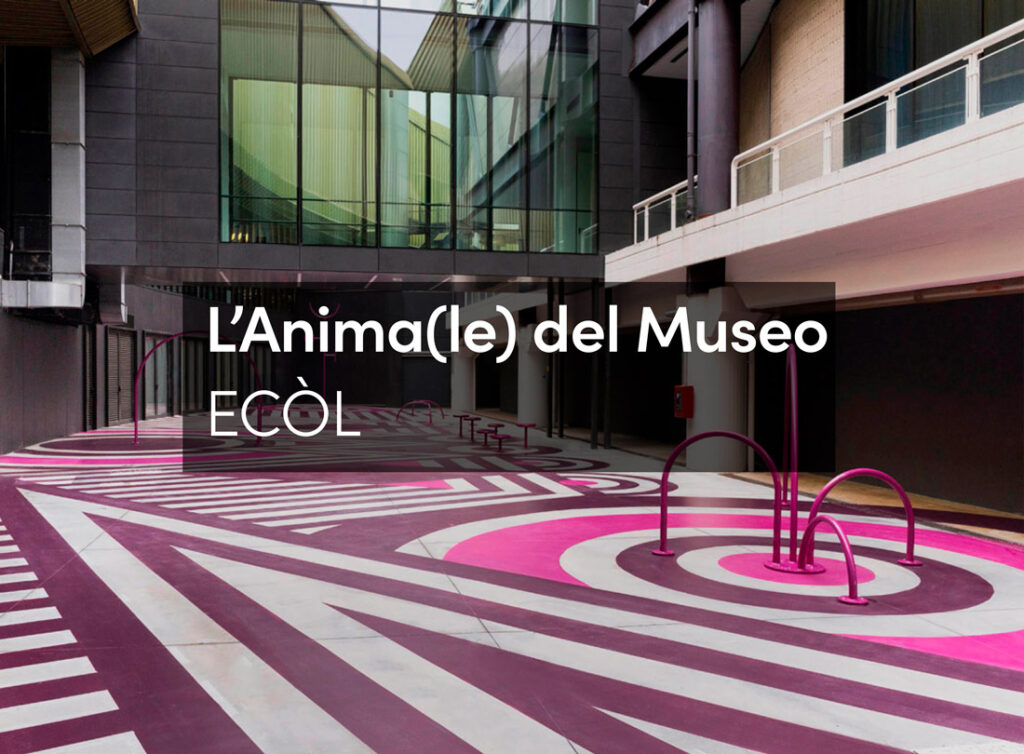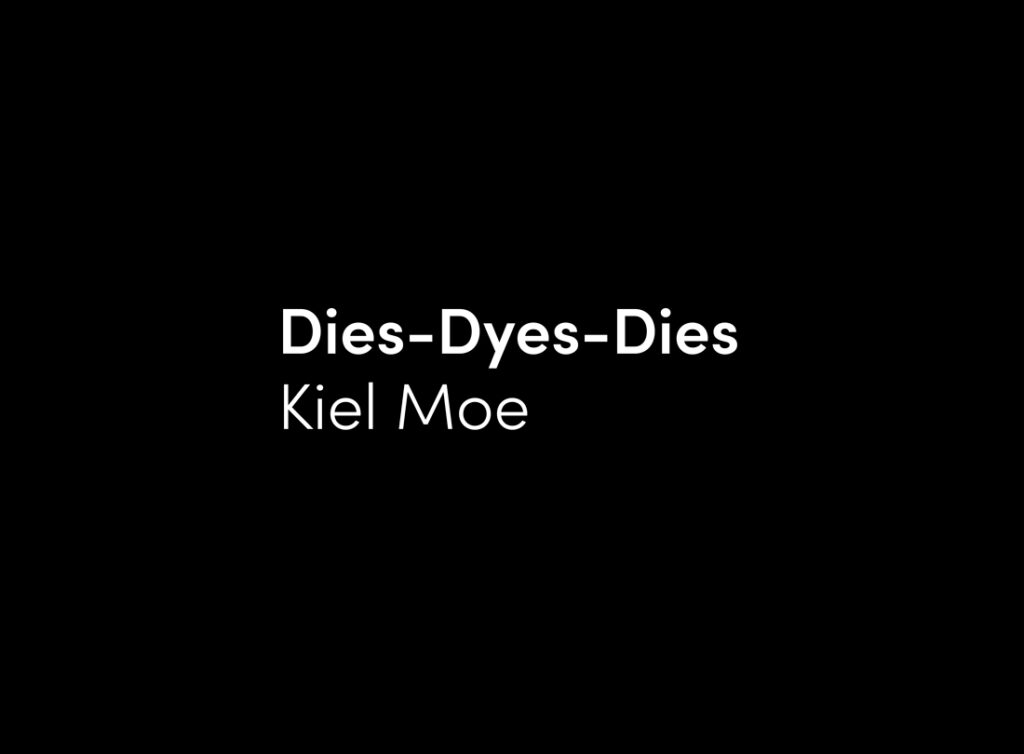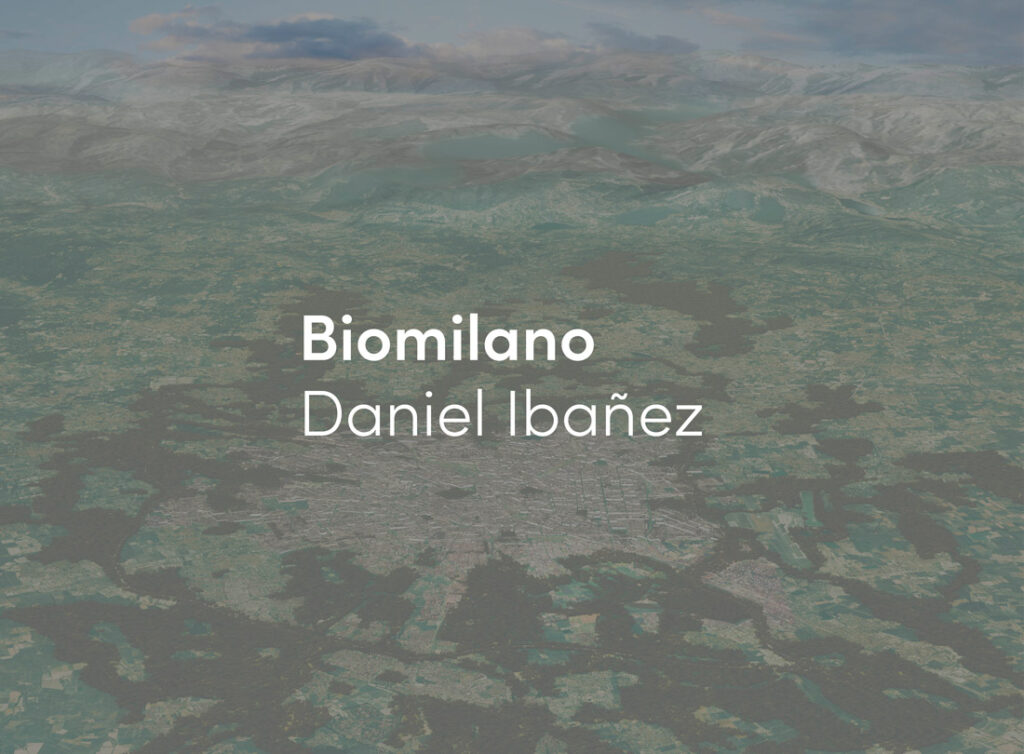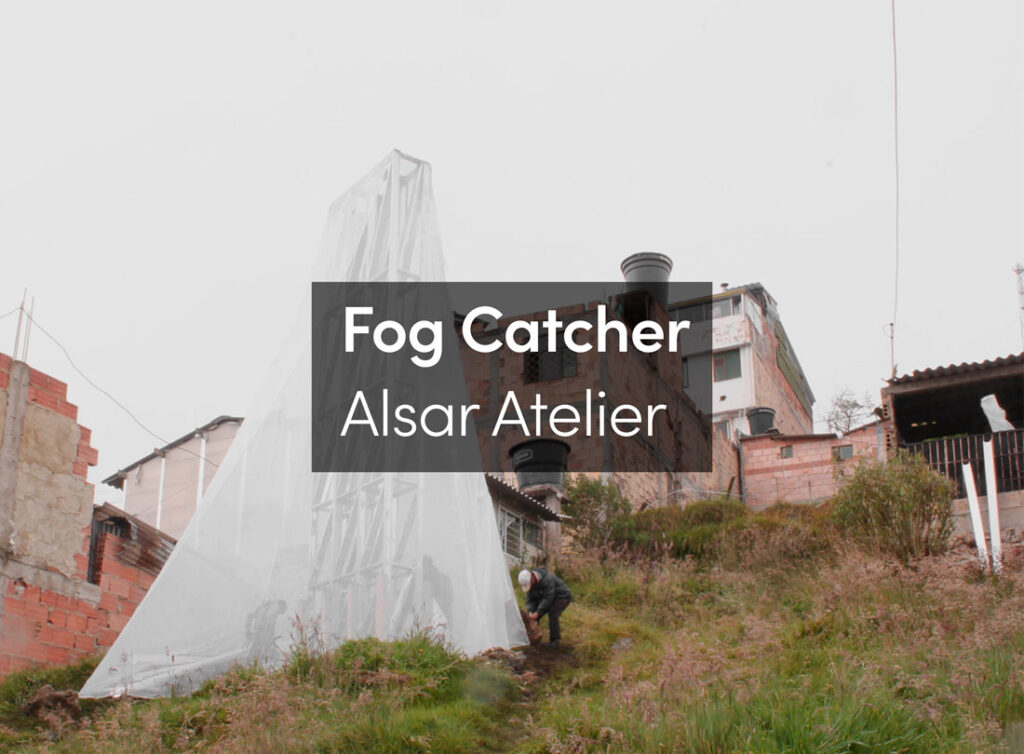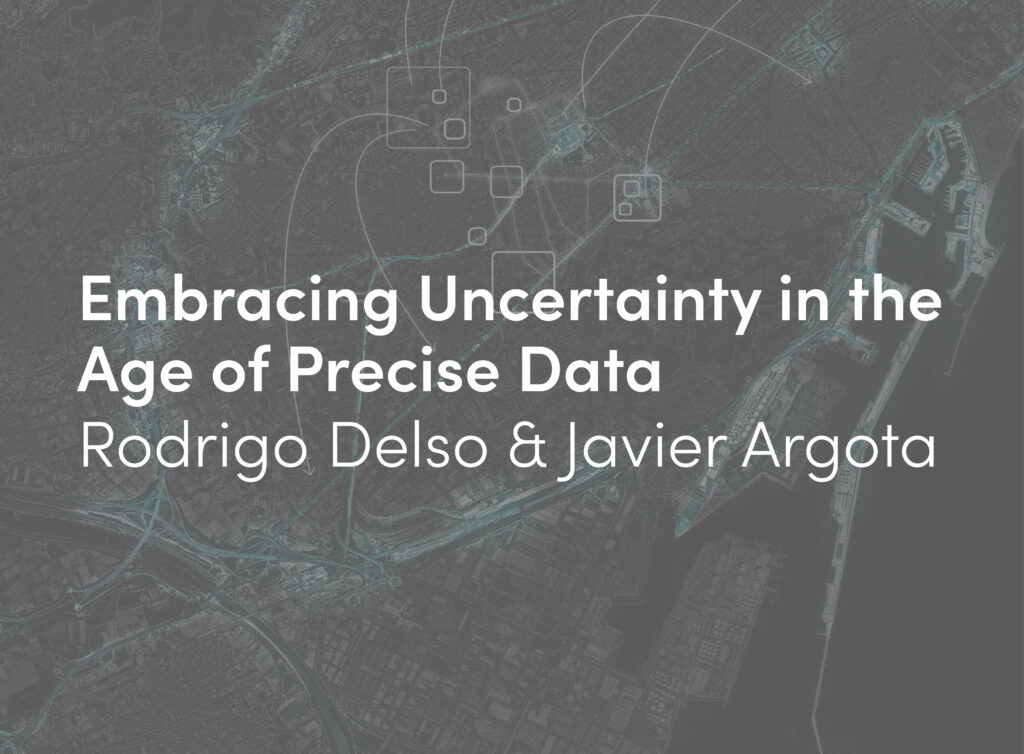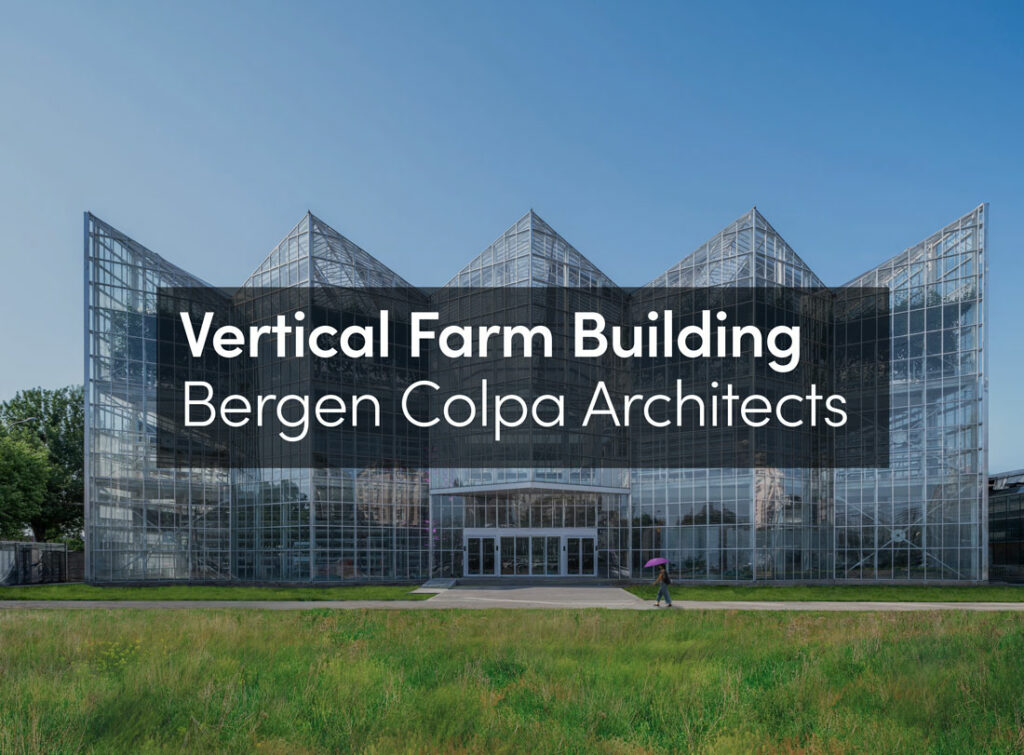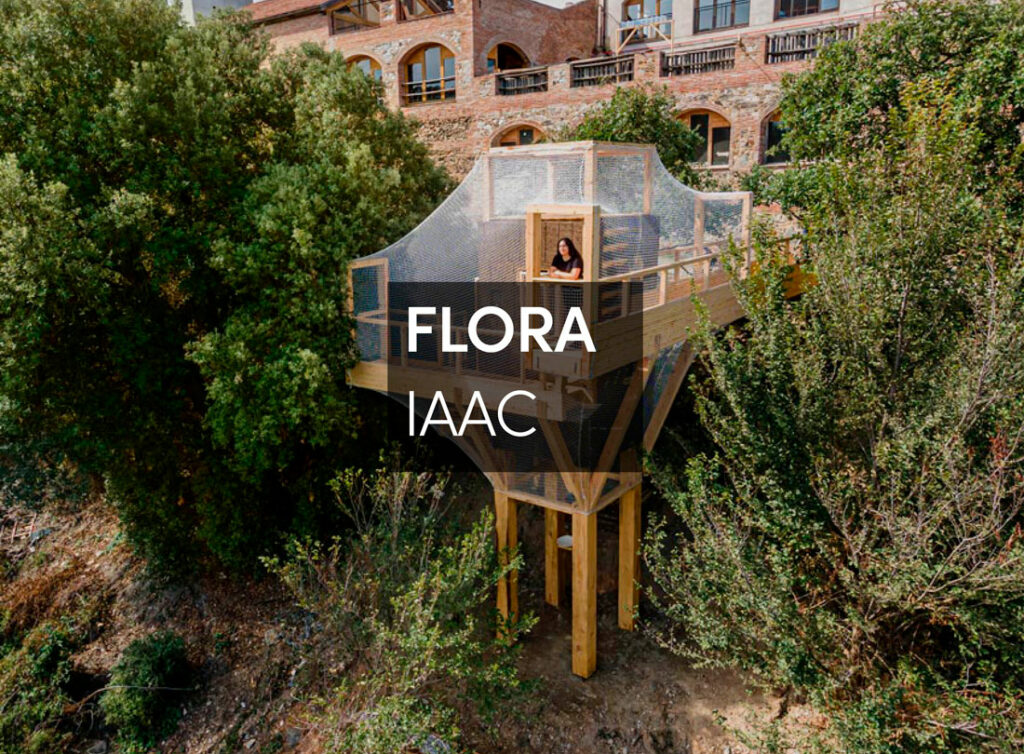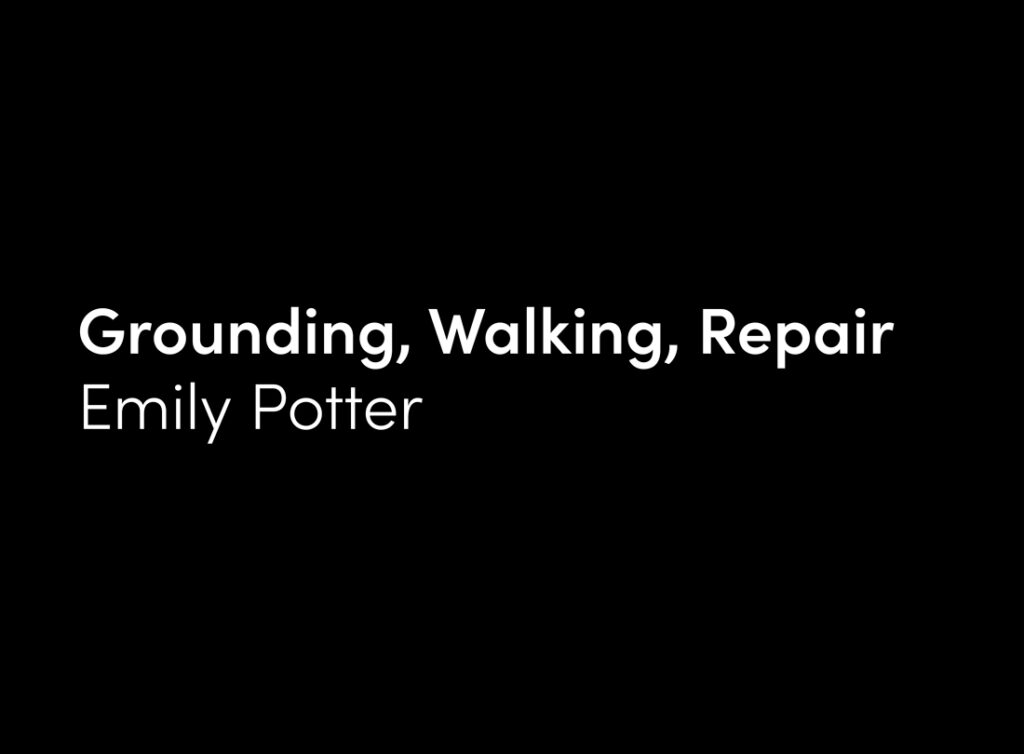Attracted by its apparent stillness and boundless emptiness, I used to dream of traveling into outer space. I am now afraid that it is looming upon us down here on Earth. But I am getting ahead of myself.
In the early spring of 2020, just before the COVID lockdown, I got to spend many days in an old botanical conservatory. It was at once exhilarating and eerie. A promise of a perfectly sealed world—that could one day be sent out into space—was right in front of me. Yet the underlying feeling that I had was that of the calm before a storm, a palpable sense of stillness. But there was something else contributing to it that I struggled to name. I only later realized that it was the thick silence.
Stillness and silence—relaxing as they were—brought a feeling of apprehension. I couldn’t tell why—the storm obviously could never come; I was enclosed in a greenhouse. Yet, as I recall it now, I realize that the stillness represented an excess of human control, and while the flora proliferated lavishly, the silence—surprisingly—communicated an actual “undersupply” of life. Packed with plants, the greenhouse felt empty. Except for an occasional screech of a caged parrot or the chatter of a disengaged visitor, there was an almost complete lack of vocal animals. Animals, of course, are hard to control, as is complexity.
It was only after I started to read The Great Animal Orchestra by Bernie Krause [1]—recommended by a friend upon my return from the interrupted research trip and during the lockdown— that I realized I had paid no attention to the visited soundscapes! And yet my apprehension was inescapably triggered by a blaring silence.
Full content is available only for registered users. Please login or Register

